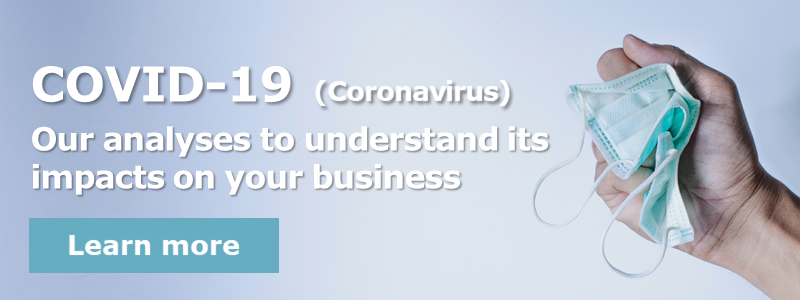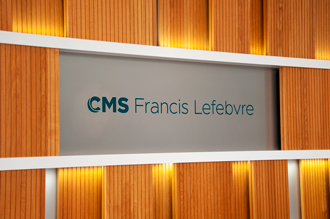
Companies whose activity is significantly impacted as a result of the Covid-19 epidemic might struggle with certain financial covenants (such as meeting financial ratios, having restrictions on the ability to incur additional indebtedness, which may prevent them from accessing state-guaranteed loans, events of default linked to the suspension of their activities, etc.), thereby exposing themselves to the risk of early redemption as a consequence of an event of default.
While Article 4 of Order 2020-306 of 25 March 2020 on the extension of the deadlines expiring during the health emergency may offer some relief, it may be necessary in the short term to negotiate some amendments (waivers) to the finance documents with the relevant lenders.
In relation to bonds governed by French law, waivers granted by the bondholders are subject to certain formalities, which have fortunately been eased, first by Order No. 2017-970 of May 10, 2017 to promote the development of bond issues, and more recently as part of the measures taken to deal with the Covid-19 epidemic.
All holders of bonds of the same series are automatically grouped under French law in a "masse" for the defence of their common interests (art. L.228-46 of the French Code de commerce). As a consequence, any waiver request shall be issued by the board of directors, the management board or the legal representative of the issuer and addressed to the masse (art. L.228-58 of the Code de commerce), and more particularly to the general meeting of the bondholders, which is the competent body to deliberate on any proposal relating to the amendment of the terms and conditions of the bonds (art. L.228-65 of the French Code de commerce).
Unless otherwise provided in the terms and conditions of the bonds, the French Code de commerce sets the requirements that any such consultation must fulfil in terms of form and timelines (15 days on first notice and 10 days on second notice). The general meeting may only deliberate on the first convening if the bondholders present or represented thereat hold at least one-fifth of the bonds then outstanding; whereas no quorum is required on the second convening. The decision of the general meeting must be taken by a two-third majority of the votes of the bondholders present or represented. If so specified in the terms and conditions of the bonds, the consent of the bondholders can be obtained through a written consultation, with reduced requirements in terms of formalities and timelines, especially when a unanimous vote can be obtained from the bondholders.
For bonds with a nominal value of at least 100,000 euros, Article L.213-6-3 of the French Code monétaire et fnancier allows for relationships between the issuer and the bondholders to be organised on a purely contractual basis, thereby allowing for rules that differ from those set forth in the French Code de commerce, particularly in terms of formalities, quorum and majority.
Before requesting any waiver, the issuer must therefore check the specific conditions that may be applicable under the terms and conditions of the bonds.
In the context of the Covid-19 epidemic and the lockdown restrictions, additional flexibility measures have been introduced for general meetings of bondholders to be held between March 12, 2020 and July 31, 2020, which deadline may be extended by decree (order No. 2020-321 of March 25, 2020 and decree No. 2020-418 of April 10, 2020). If the meeting is convened in a location that is affected by administrative measures restricting or prohibiting collective gatherings for public health reasons, the meeting may be held without the bondholders being present physically or by means of a telephone or video conference enabling their identification. In addition, an issuer may allow bondholders to send their voting instructions or voting proxy by e-mail, to the e-mail address indicated in the notice convening such meeting. Lastly, during this particular period, the issuer may consult the bondholders through a written consultation even if it was not specified in the terms and conditions of the bonds.
These flexibility measures are highly appreciated as they allow issuers that need to amend their documentation to do so once the negotiation with bondholders is completed, with less formalities.
Article published in Option Finance on April 20, 2020
Insight: impacts of the Covid-19 outbreak
Our law firm provides you with legal assistance to understand all Covid-19 (Coronavirus) impacts on your business. Discover our special Insight below.
Find more about our law firm:
Our law firm is a leading international business law firm. Its deep roots, unique positioning and highly recognised expertise enables it to deliver innovative, high value-added solutions in tax, business, corporate and labour law.











